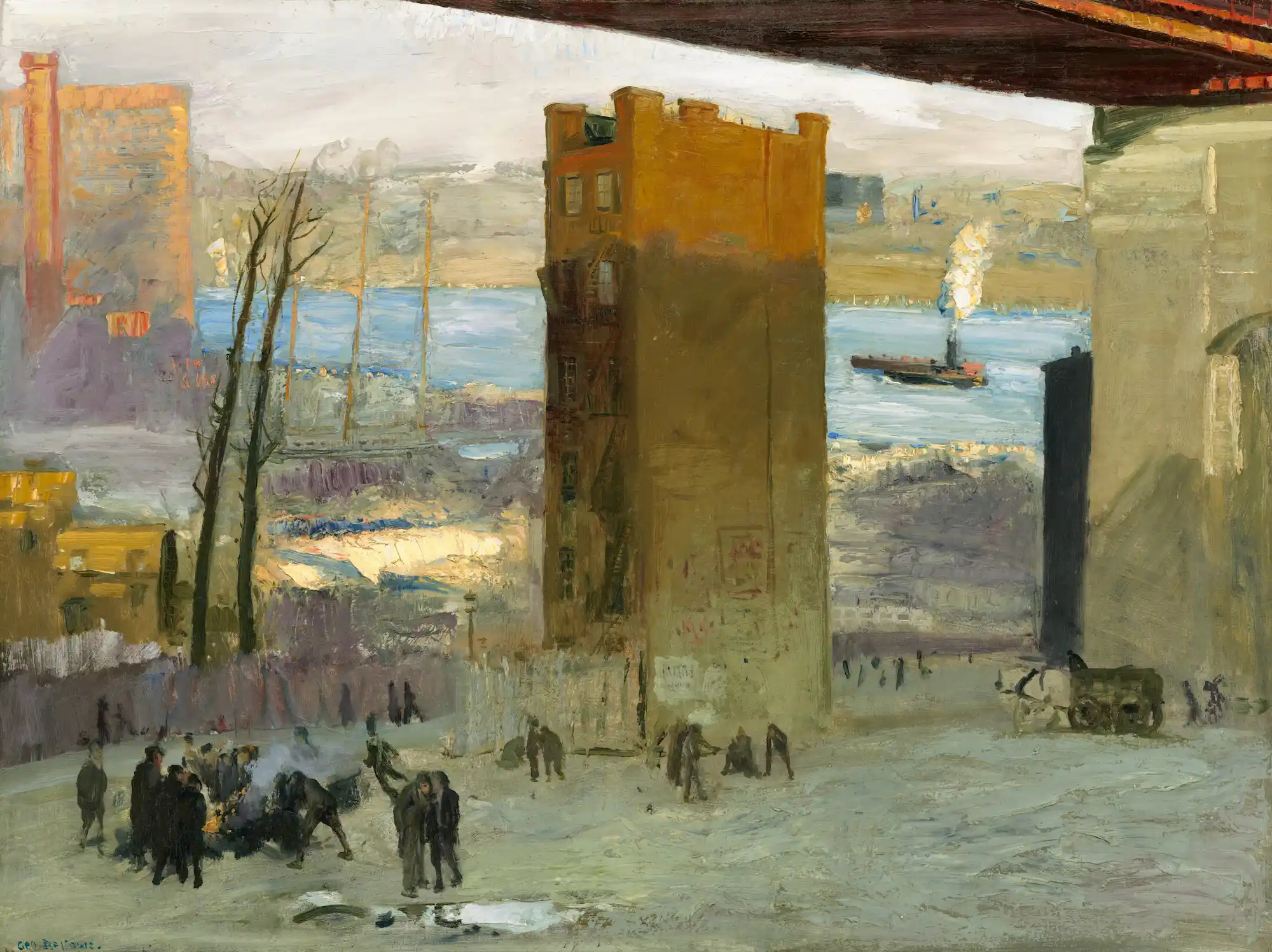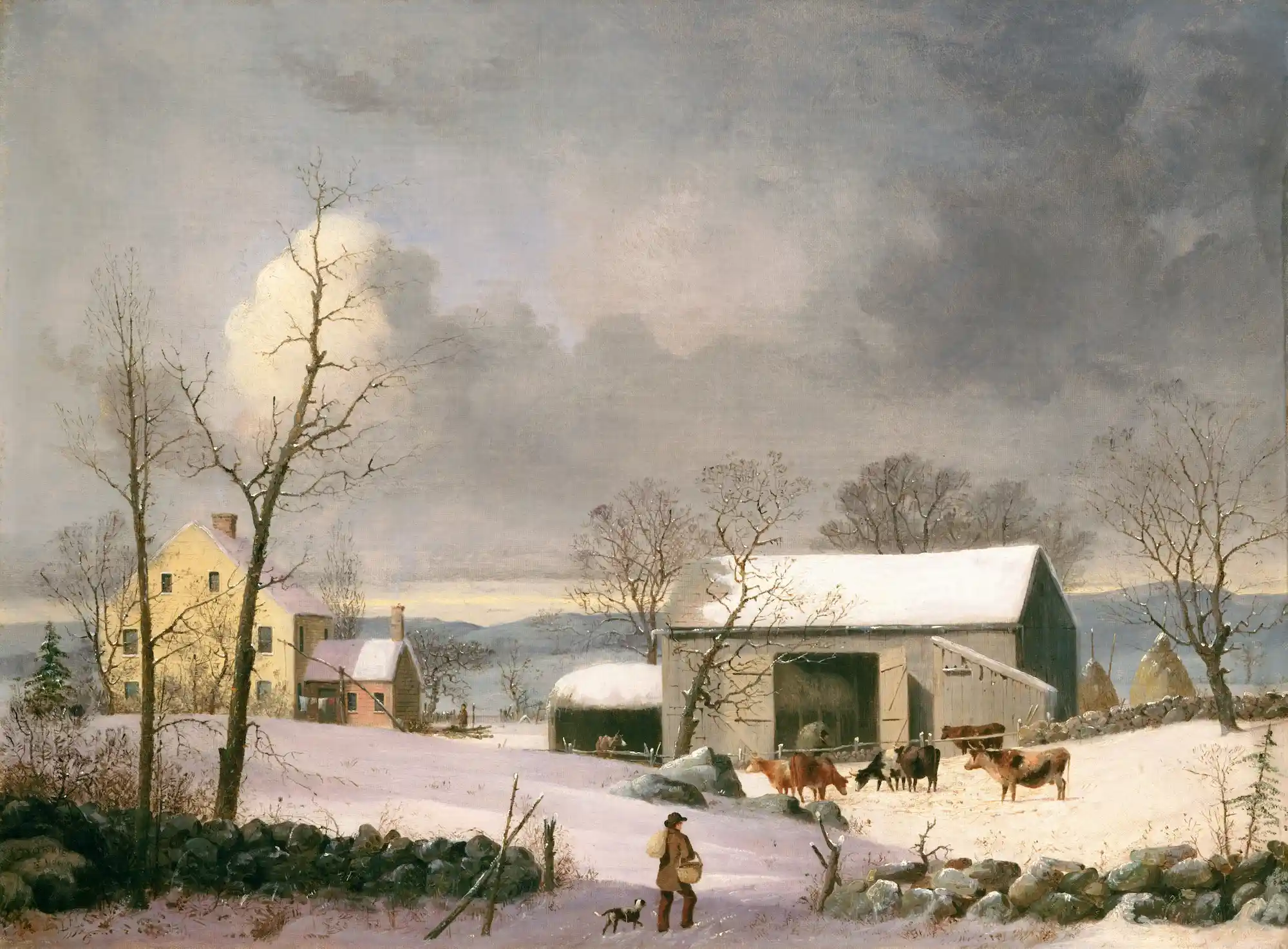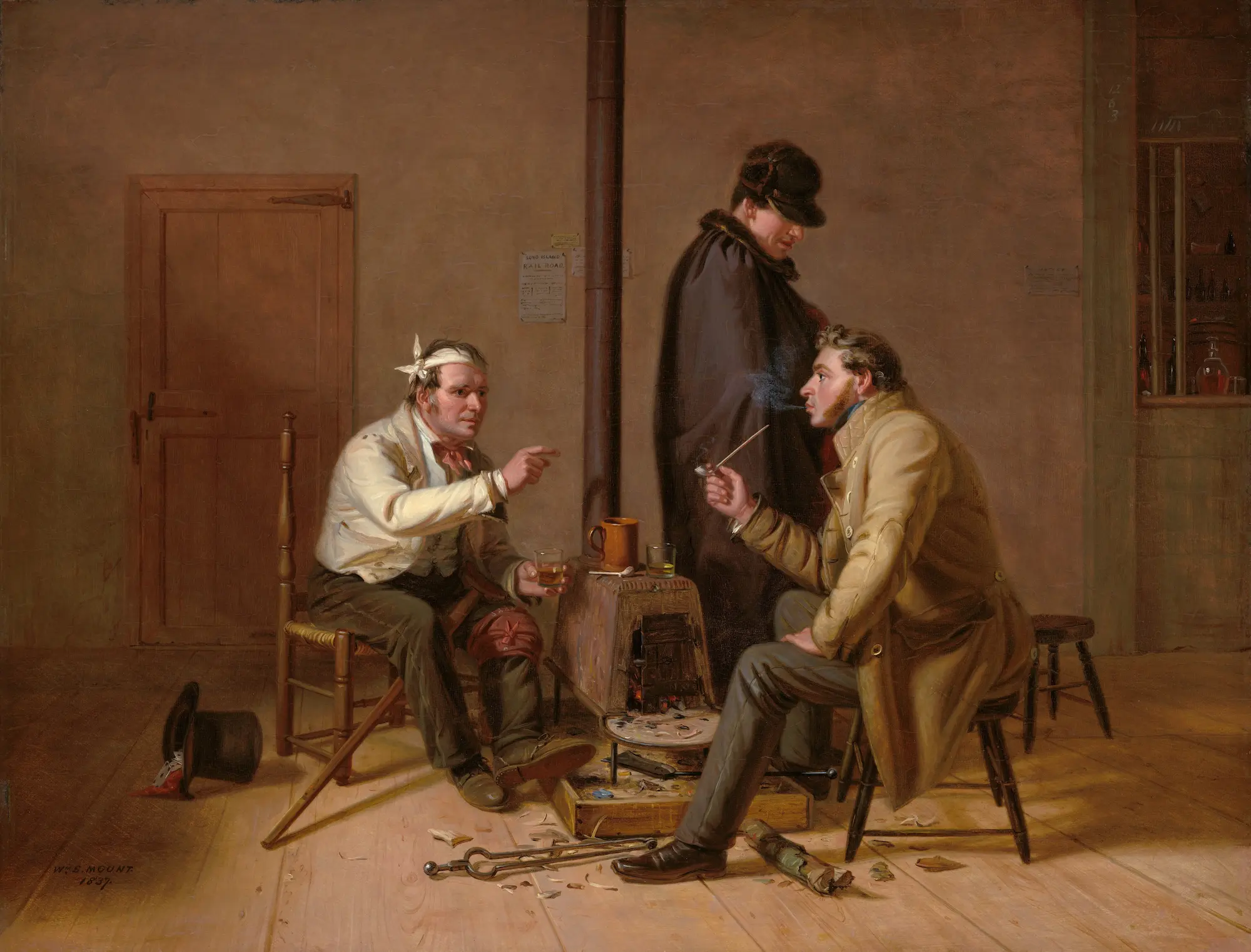.webp?alt=media&token=b2ab1285-ca97-4de4-af60-87c1b28e3cbd)
Nanny and Child, by Eva Gonzales
The Chess Set
July 5, 2023
Further considerations

[poetry]
Pray at the Altar of Delusion and Haiku Suite on the Nine Muses
Look upon the simple life tinged by shades of emotions, all // of it a facade to entertain one’s own delusions.

[poetry]
Someone Else's Grief and Job Before the Job
By Ace Boggess
I’ve never walked in driving rain // as she does now, the noise so sudden & // vast as to become its own silence.

